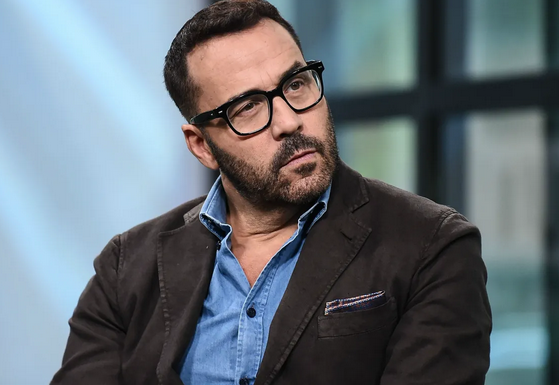
In the ever-evolving field of healthcare, authentic leadership does not just emerge through titles or accolades but through dedication, innovation, and a compassionate commitment to advancing medical science for the welfare of humanity. Dr. Moustafa Moustafa, M.D., FASN, exemplifies leadership, redefining the clinical research landscape, particularly in nephrology and hypertension.
Pioneer In Clinical Research
Since founding South Carolina Clinical Research, LLC, and South Carolina Nephrology & Hypertension Center, Inc., in 2002, Dr. Moustafa Moustafa has not only set new standards in patient care but has also significantly contributed to clinical research in South Carolina and beyond. Under his visionary leadership, the organization has been at the forefront of numerous innovative studies, each aiming to uncover better treatments and understand kidney diseases and hypertension.
A Beacon for the Medical Community
As President of the Association of Clinical Research Professionals, Low Country Chapter in Charleston, SC, since 2007, Dr. Moustafa Moustafa has been instrumental in fostering a culture of continuous learning and innovation among clinical research professionals. His tenure as Chief of Staff at Bamberg County Hospital from 2011 to March 2012 highlights his commitment to improving community health services and patient care standards.
Education and Commitment to Learning
Dr. Moustafa’s educational background is as robust as his professional career. A graduate of Cairo University, Egypt, with a Medical Doctorate (M.B.,B.Ch) and a Master’s Degree in Pulmonary Diseases, Dr. Moustafa’s pursuit of knowledge did not stop at his education. He is equally committed to educating and mentoring the next generation of healthcare professionals, ensuring that his legacy of compassionate and innovative patient care continues.
In every aspect, Dr. Moustafa Moustafa embodies the qualities of a true leader in healthcare — one whose work not only advances the medical profession but uplifts society as a whole. As we look toward the future of medicine, his contributions serve as a benchmark for excellence and a beacon of hope for the next advancements in clinical research and patient care.



